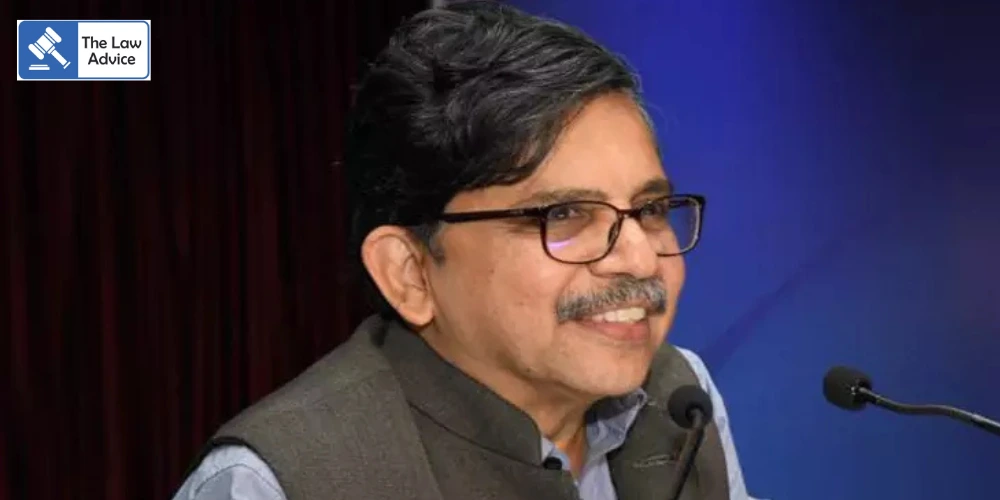New Delhi, August 30, 2025
Former judge and Senior Advocate Dr. S. Muralidhar has raised serious concerns over the “laxity” in the implementation of the Supreme Court’s directions against the growing trend of ‘bulldozer justice’, where homes of persons accused of crimes are demolished by state authorities as a punitive measure even before trial.
Speaking at the launch of the book “[In]Complete Justice: The Supreme Court at 75” in New Delhi, Dr. Muralidhar stressed that despite the Court’s clear rulings, authorities continue to carry out punitive demolitions in violation of the principles of due process. He said the Court should adopt the mechanism of “continuing mandamus” to ensure compliance with its orders.
“You (Supreme Court) have just laid down a judgment. Somebody points out that it is being violated, but that case is not listed in good time. This is what plagues me still. There is laxity in implementation. Judges must keep certain cases alive for monitoring because the Executive otherwise won’t act,” Dr. Muralidhar observed.
He emphasised that some judgments cannot be left to one-time disposal, as their enforcement requires systemic corrective action by the government and local bodies. He cited the NALSA judgment (2014) concerning the rights of transgender persons, where despite progressive directions, implementation lagged and multiple petitions had to be filed later.
Dr. Muralidhar highlighted a recurring problem: once the judge who authored a socially significant judgment retires, contempt petitions alleging violations often lose priority, particularly if subsequent benches are less aligned with the earlier decision.
He gave the example of the Social Justice Bench, which was discontinued after the retirement of Justice Madan B. Lokur. “When we have taken the law two steps forward, we should not leave it incomplete. Judges must anticipate enforcement challenges and craft strategies to ensure continuity,” he said.
Supreme Court’s 2024 Directions Against Bulldozer Actions
The remarks come against the backdrop of the Supreme Court’s landmark ruling delivered in November 2024 by a bench led by Justice B.R. Gavai and Justice K.V. Viswanathan, which held that executive authorities cannot demolish houses as a form of punishment.
The Court categorically stated that:
• Accused persons can be punished only after a fair trial.
• Demolitions without due process violate natural justice.
• Such actions create a “lawless state of affairs”, where “might is right”.
The Court had strongly warned that high-handed executive action must be dealt with a “heavy hand of law”, as India’s constitutional ethos is built upon the rule of law and protection against arbitrary State power.
Despite the judgment, reports of bulldozer actions have persisted across states, leading to several contempt petitions being filed in the Supreme Court. In one such case, the Court issued notice to a Maharashtra revenue officer after the house of a Muslim man was demolished following allegations that his son shouted anti-India slogans during a cricket match.
Dr. Muralidhar said such instances show the urgent need for judicial monitoring:
“The device of continuing mandamus is not for every case, but in issues like bulldozer justice, unless the Court keeps the matter alive, State authorities will revert to arbitrary action.”
The Larger Question: Rule of Law vs. Executive Overreach
The debate around bulldozer justice has become one of the most pressing constitutional issues of recent years. Critics argue that politicised demolitions amount to collective punishment and bypass the judicial process, undermining citizens’ fundamental rights.
Dr. Muralidhar’s intervention underscores that progressive judgments alone are insufficient unless backed by robust post-judgment supervision by the judiciary. Without such monitoring, he warned, the executive may dilute or disregard court orders under “various other considerations.”
